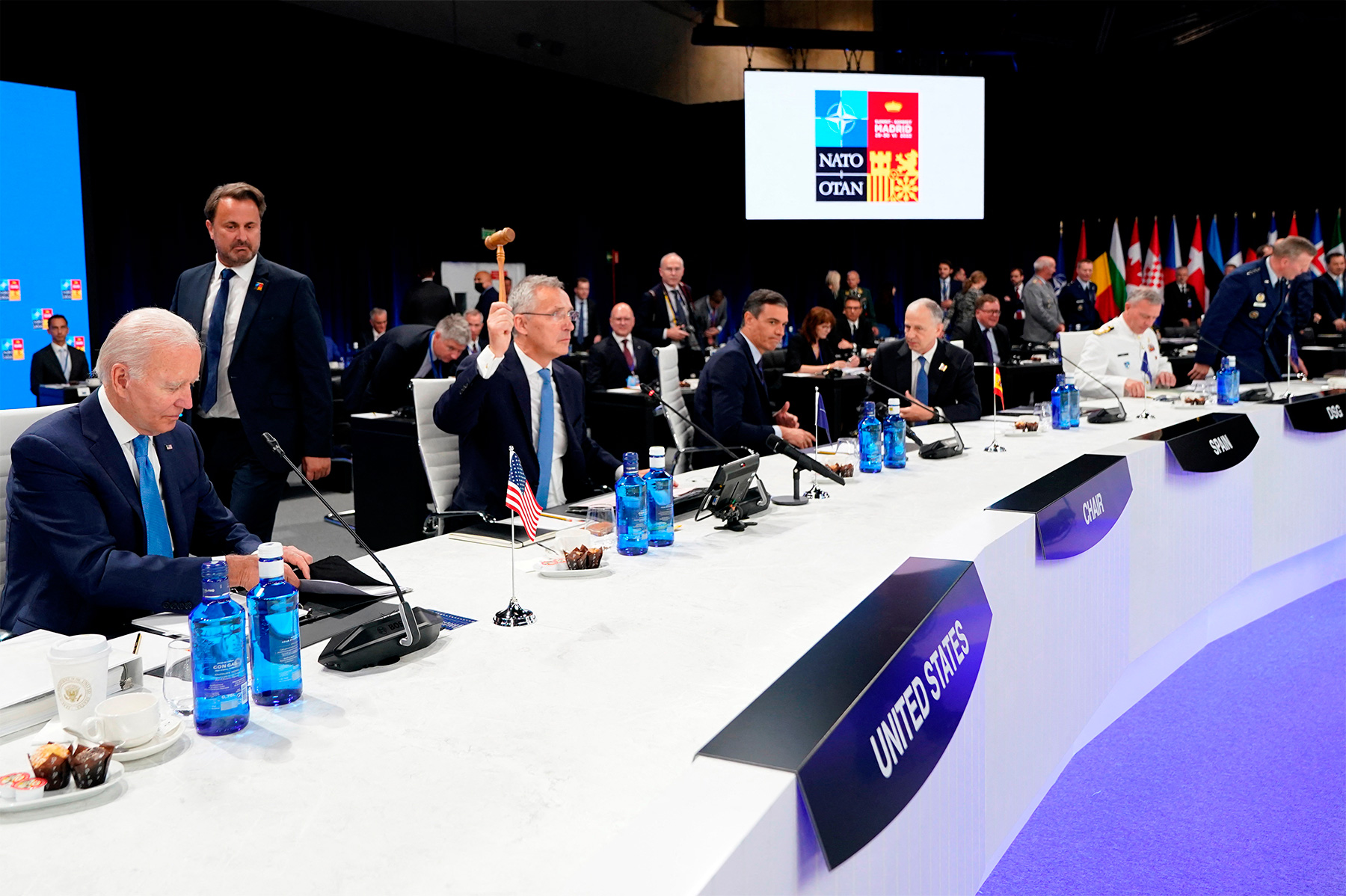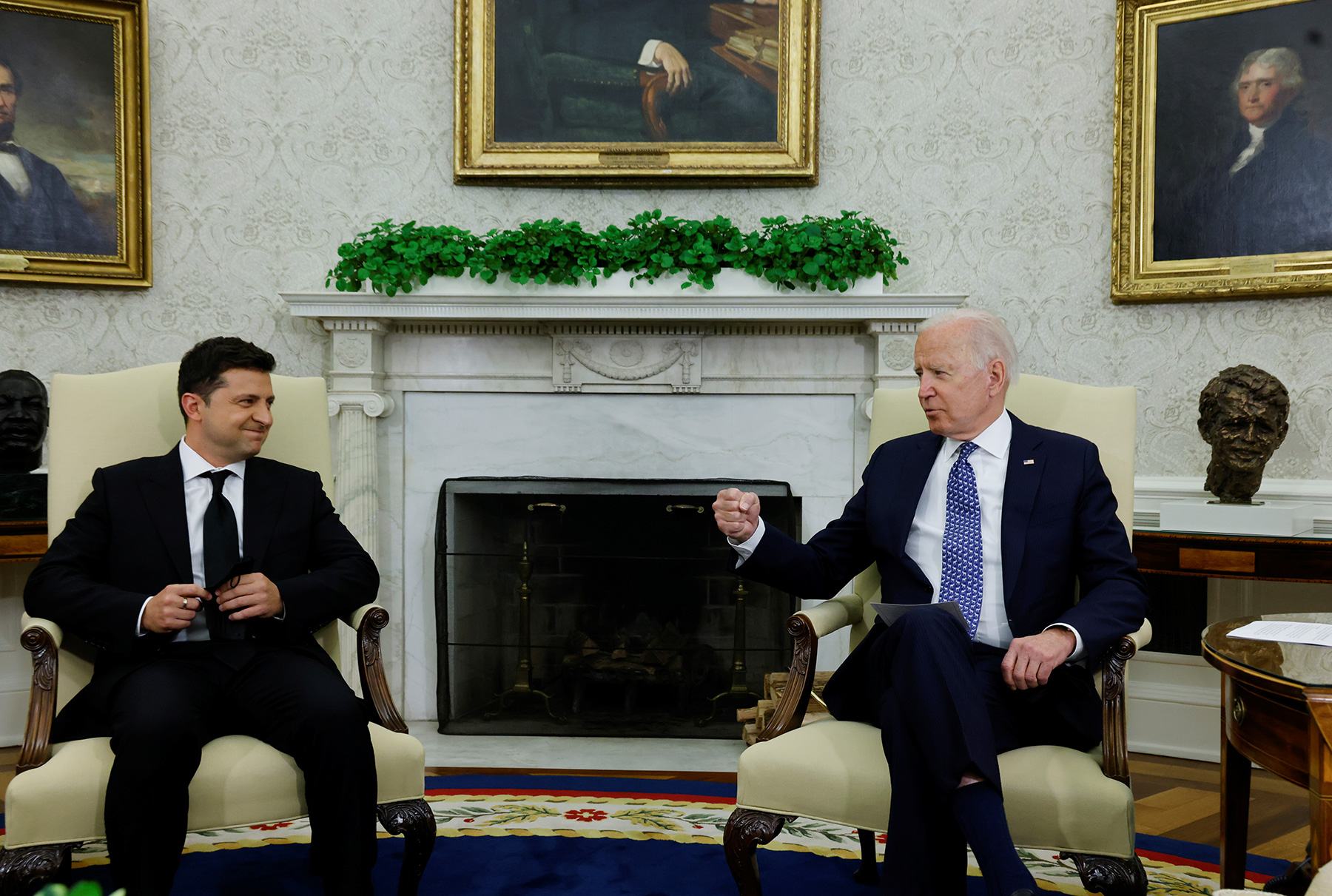Foreign policy matters seldom set the US midterm election agenda. The midterm elections of 2022 were no exception from this general rule: American voters turned out to be primarily concerned about such emotional and highly divisive domestic issues as inflation, abortion, immigration, violent crime and climate change. Of course, Democrats and Republicans also disagreed on a broad spectrum of international matters ranging from the fate of the Joint Comprehensive Plan of Action, to the reforms of WTO. Still, one can argue that today there is a solid bipartisan consensus on the overall US global strategy, including attitudes toward the ongoing Russian-Ukrainian conflict.
US military aid to Kiev will continue throughout 2023 not only because the next multibillion assistance package is likely to be approved by the outgoing Democratic Congress before January, but also because the majority of the newly elected Republicans do not have any fundamental objections to continue supporting Ukrainian war efforts and to weakening Russian President Vladimir Putin. However, there are a number of fine print notes to this general Republican support of the Biden administration's approach to Ukraine that might affect the US policies on this matter already in 2023 and beyond.
First, the Republican Party has always been less generous with foreign aid than the Democratic Party. Kevin McCarthy, Republican leader of the House, has already stated more than once that Ukraine won't get a "blank check" in GOP-led Congress.
Second, with total US military, financial and humanitarian aid to Ukraine climbing to over $55 billion, Republicans are likely to call for significant changes in the burden sharing between Washington and the US European allies. The pressure on Europe is likely to increase, especially if the fighting in Ukraine is going to continue and no stable ceasefire is achieved in 2023.
Within the new Congress, GOP is likely to demonstrate tougher positions regarding Beijing, including more high-level congressional trips to Taiwan, more legislative restrictions on hi-tech trade with China, and more hawkish rhetoric coming from the Capitol Hill. The new emphasis on China will not change the US position on Ukraine, but it might affect the foreign policy discourse in Washington.
Foreign policy matters seldom set the US midterm election agenda. The midterm elections of 2022 were no exception from this general rule: American voters turned out to be primarily concerned about such emotional and highly divisive domestic issues as inflation, abortion, immigration, violent crime and climate change. Of course, Democrats and Republicans also disagreed on a broad spectrum of international matters ranging from the fate of the Joint Comprehensive Plan of Action, to the reforms of WTO. Still, one can argue that today there is a solid bipartisan consensus on the overall US global strategy, including attitudes toward the ongoing Russian-Ukrainian conflict.
US military aid to Kiev will continue throughout 2023 not only because the next multibillion assistance package is likely to be approved by the outgoing Democratic Congress before January, but also because the majority of the newly elected Republicans do not have any fundamental objections to continue supporting Ukrainian war efforts and to weakening Russian President Vladimir Putin. However, there are a number of fine print notes to this general Republican support of the Biden administration's approach to Ukraine that might affect the US policies on this matter already in 2023 and beyond.
First, the Republican Party has always been less generous with foreign aid than the Democratic Party. Such a thrift will inevitably manifest itself in times of mounting social and economic needs at home. Kevin McCarthy, Republican leader of the House, has already stated more than once that Ukraine won't get a "blank check" in GOP-led Congress. The least he and his fellow legislators can do is to demand more rigid monitoring of how the US funding and military hardware is used by Kiev and to introduce more transparent and detailed accounting procedures accompanying future assistance deliveries.
Second, with total US military, financial and humanitarian aid to Ukraine climbing to over $55 billion, Republicans are likely to call for significant changes in the burden sharing between Washington and the US European allies. So far, the latter supplied to Volodymyr Zelensky only a half of what the US has delivered. Many newly elected Republican politicians believe that this distribution of war efforts is unfair since the Ukrainian crisis is, after all, a European problem rather than an American one. The pressure on Europe is likely to increase, especially if the fighting in Ukraine is going to continue and no stable ceasefire is achieved in 2023.
There are still more general concerns about the centrality of the Ukrainian file in the US foreign policy dossier. Conventional wisdom suggests that the Biden administration was able to become the major beneficiary of the conflict: The White House used the crisis as a means to discipline its European and Asian allies, to strengthen and to enlarge the NATO alliance, to explore new lucrative opportunities for the US defense industry, to promote expensive American liquefied natural gas in the European Union, and so on.
However, many in the Republican Party argue that the recent fixation on Ukraine has prevented the Biden administration from focusing on what is really important to the US. Within the new Congress, GOP is likely to demonstrate tougher positions regarding Beijing, including more high-level congressional trips to Taiwan, more legislative restrictions on hi-tech trade with China, and more hawkish rhetoric coming from the Capitol Hill. The new emphasis on China will not change the US position on Ukraine, but it might affect the foreign policy discourse in Washington.
There is an old WWII-times Polish joke: "If a Polish soldier is confronted by a German and a Russian soldier, which one of the two he should shoot first, and why? He should shoot the German first--business before pleasure." By confronting Moscow rather than Beijing, the Biden administration, arguably unintentionally and almost against its own will, put pleasure before business. The challenge of confronting China is much harder, more controversial and more expensive than the challenge of supporting Zelensky against Putin.
However, in the mindset of numerous Republican hawks, this challenge cannot be ignored, mitigated or even put on a back-burner for another couple of years. And they will not miss a chance to remind the White House again and again of this top priority for the US foreign policy.
First published in the Global Times.






